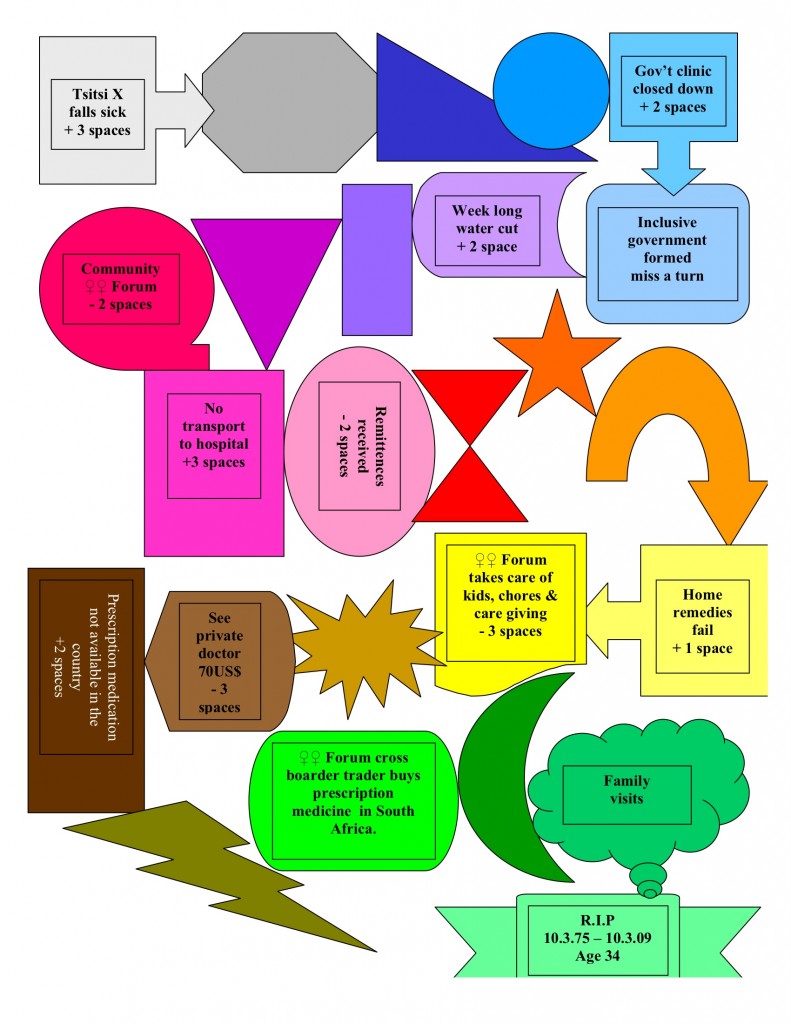
While in the United States, attempts to hurt, reduce and constrain women’s bodies are multiplying (as the recent bill in Virginia to impose vaginal sonogram on women who seek an abortion demonstrates), two recent developments in France show that the politics of constraint and control of the body and in particular of women’s bodies are also expanding in Europe.
In France, undocumented immigrants, “les sans-papiers” have access to health care, through “l’aide medicale d’Etat” or AME (State Medical Aid), if they have been in France for at least 3 months. While this seems to be better than many other places in the western world, some barriers that have been erected to divide and control immigrants and residents.
For example, it used to be that in order to register, people could go to any regular center of the national health coverage “les caisses d’assurance maladie,” and there were many of them. Recently, new rules have been introduced. Since the end of 2011, in Paris only two centers have been processing applications to be registered in AME. After two months, the Observatory of Foreigners’ Right to Health, ODSE, has reported a series of problems. These include long waiting lines, starting in the middle of the night, summary selection of applications, loss of applications, mounting administrative red tape. All these difficulties contribute to delaying indispensable coverage and access to health care for people who are already among the most vulnerable.
Another recent development directly affects women’s health and well being. In 2001, a bill was passed that gave women’s reproductive rights a great boost. The new law includes provisions for anonymous access to contraceptive and abortion services for minors and without parental consent. It also provides for an ambitious sexual education program, lately the distribution of money to enforce this law has been problematic. Recent reports have shown the importance of sexual education through school as well as free and easy access to centers where women and men can access information on the various questions related to sexuality.
The law itself is beyond repeal, but that does not mean it is safe from dilution. Although officially budgeted for the 2012 fiscal year and voted by the parliament, apparently, 500 000 Euros slotted sex ed programs has disappeared. The Sarkozy administration must have misplaced it!
So how are these two issues related? Both are about creating barriers for some women to access services that allow full social participation and meaningful exercise of their rights. They are about relegating to the back seat some selected populations who are excluded through constraining policies on their bodies, which are, thus, made invisible in body politics of the nation. The reshaping of existing social advances concerning reproductive rights, health care for all, has become the priority of neoliberal governments. It follows the pattern that has already been developed for emerging countries, cutting public services. It is important to identify policies that follow this pattern. It is important to expose them in order to lessen the impact of the US neoliberal transformation anywhere it is being exported.
(Photo Credit: Femmes En Lutte 93)

